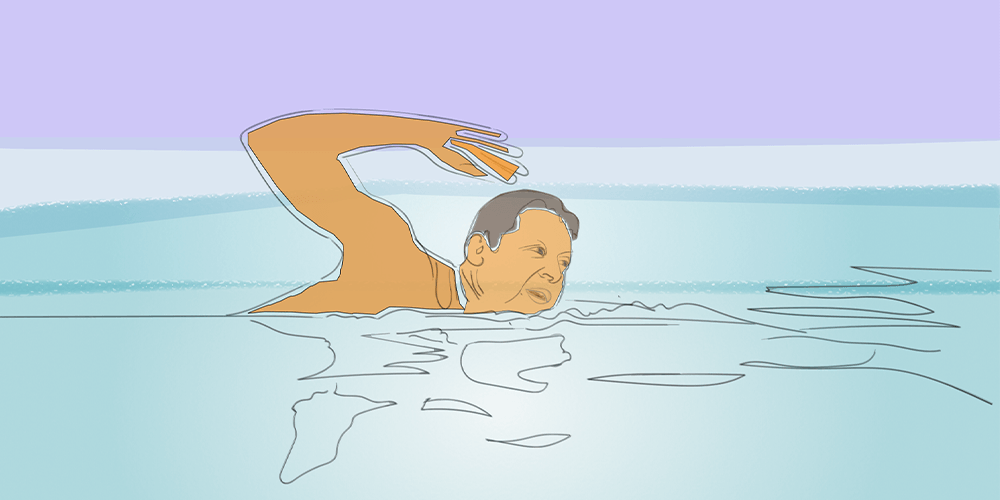
Is it really the right time to start sea swimming?
Sea Swimming has been proved to help with your mental health, but what about your physical health? We all know that swimming is great for your personal fitness, but there are dangers associated with sea swimming that must be considered if you’re thinking of taking up sea swimming.
Just recently, Jersey ambulance service were called to treat swimmers who ran into difficulty whilst swimming in the sea. It’s not just the water temperature that you need to consider – it’s also the air temperature and the after-drop once you’ve left the water.
Watch our video for some advice.
Here are some important considerations for anyone looking at sea swimming:
- Consider the dangers. Go to a spot that you know, so that you are aware of the potential hazards so as to avoid any problems
- Be prepared. Take a tow float, and warm clothes and a hot drink for afterwards. Plan the tides and the weather
- Never go alone – always take company with you
- Acclimatise slowly. Even if you’ve been sea swimming for several months, your body may not be used to temperature. Splash your face, neck and arms to get used to the water temperature. Avoid jumping or diving into the water
- Get warm quickly. Once you are out of the water, wrap yourself in your towel, hat and anything else to warm yourself up
- Beware of after drop. Hypothermia can kick in 30 minutes after leaving the water
- Stay visible. Don’t venture too far from the shore and wear a brightly coloured cap so that you can be seen
- Keep close to the shore so that you can get out if you start to feel too cold or unwell
- Beware of rip tides. If you encounter currents swim to the side not against the tide
- If someone is in trouble in the water, call 999 or 112 and ask for the coastguard as quickly as possible.
#JerseyLifeboat #SeaSwimming #KeepingEveryoneSafe #StaySafe #YourBoat #YourCrew #YourLives
